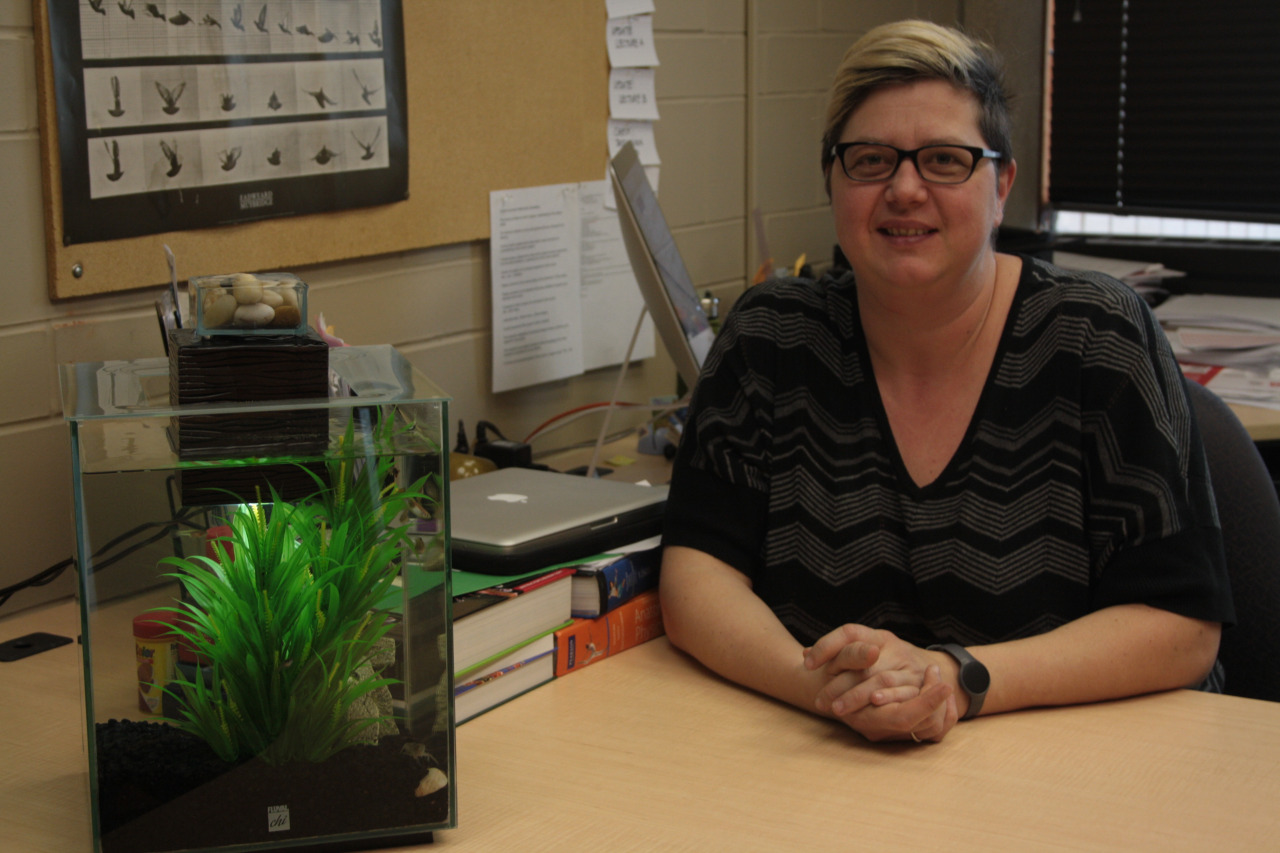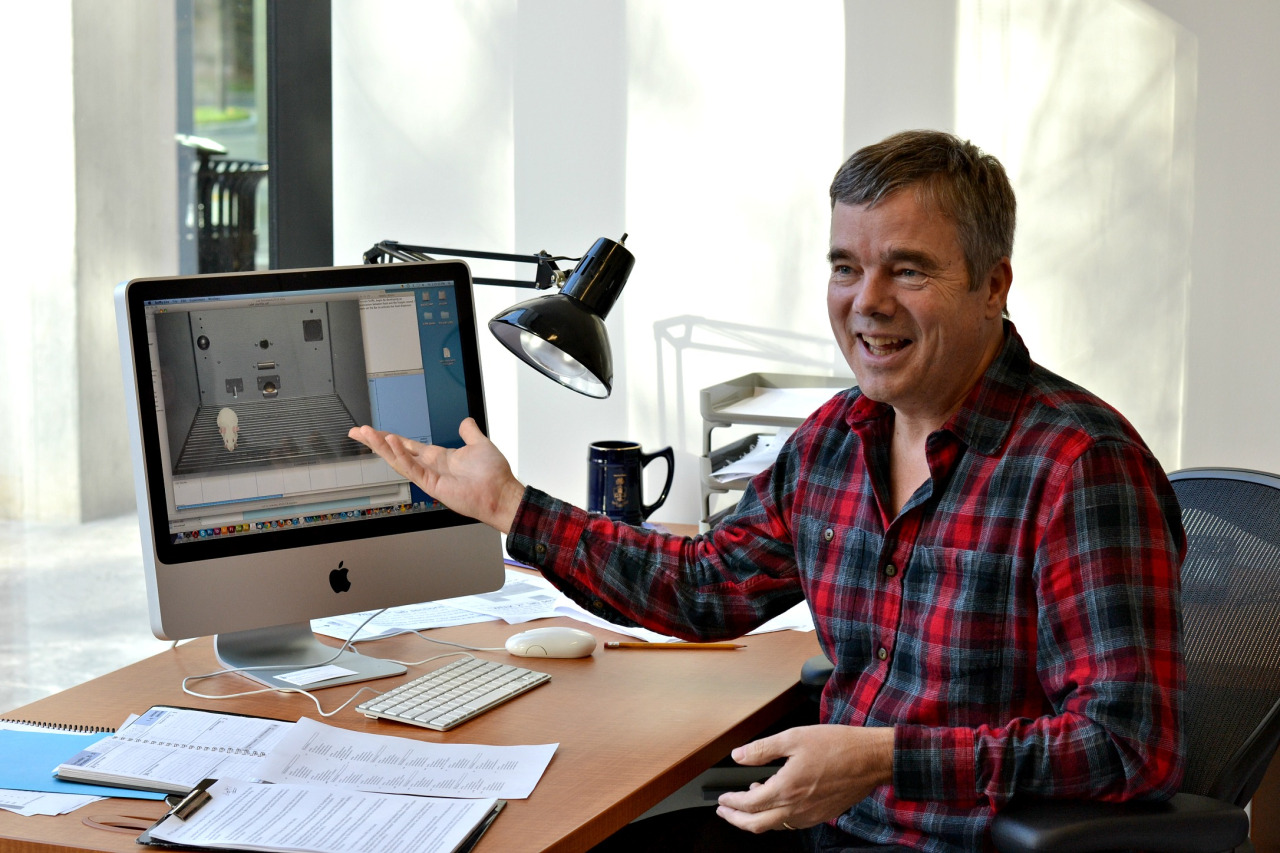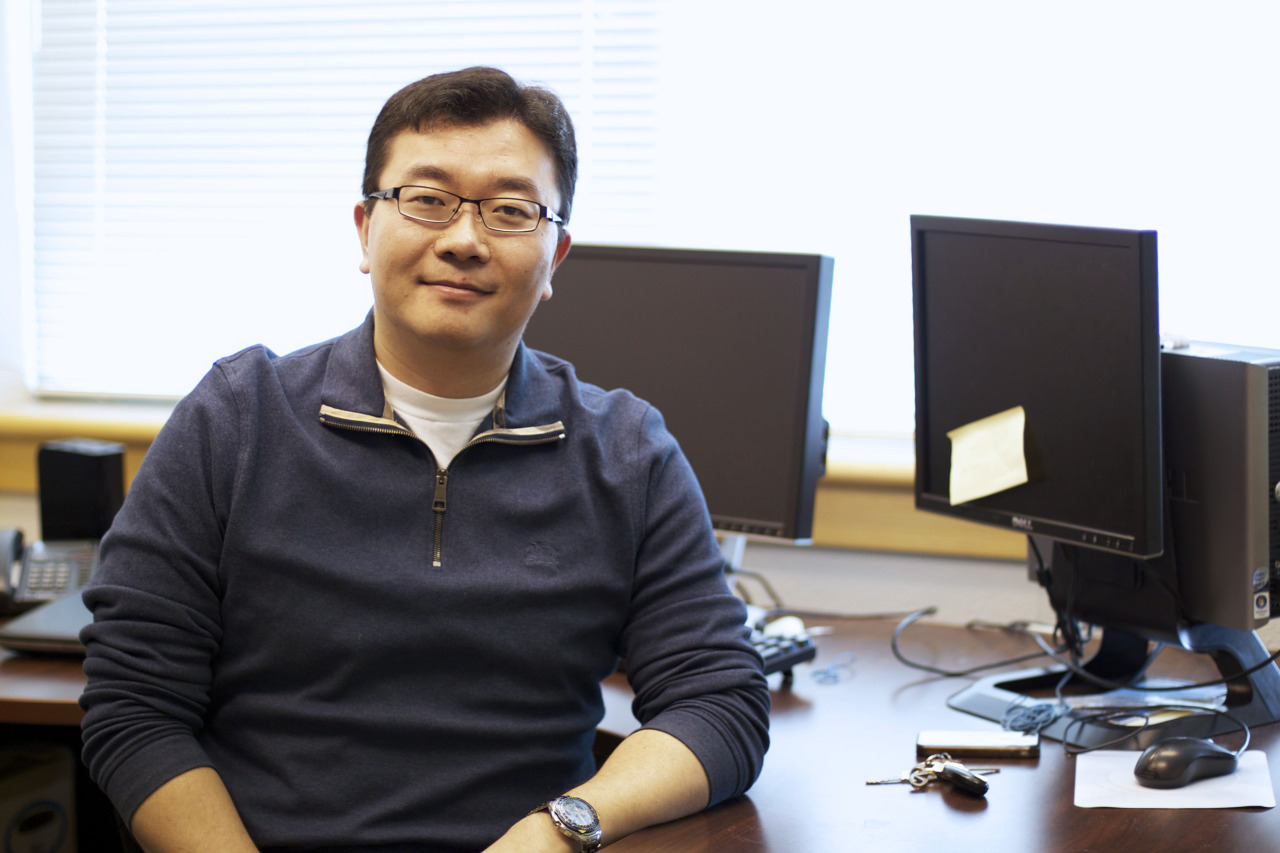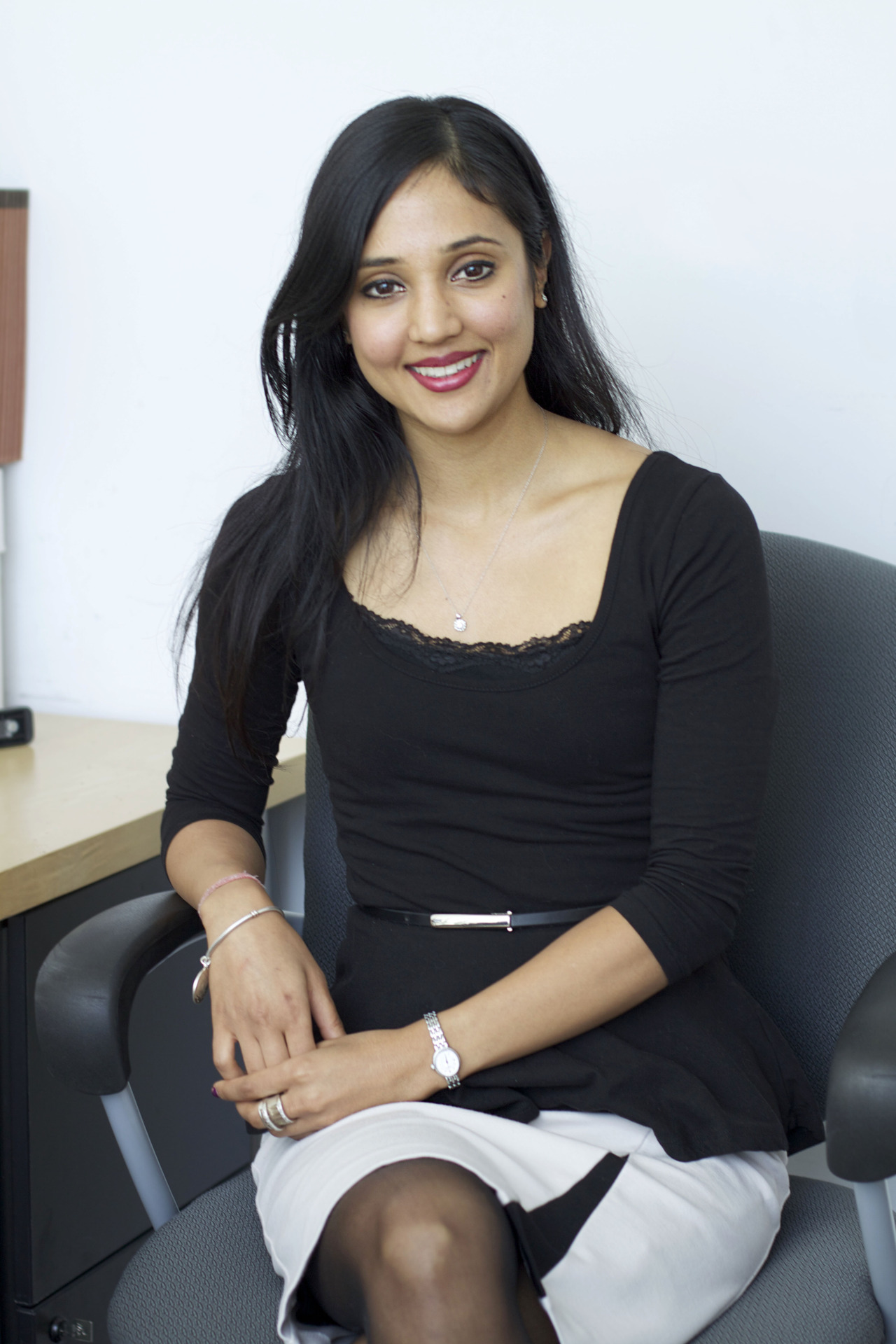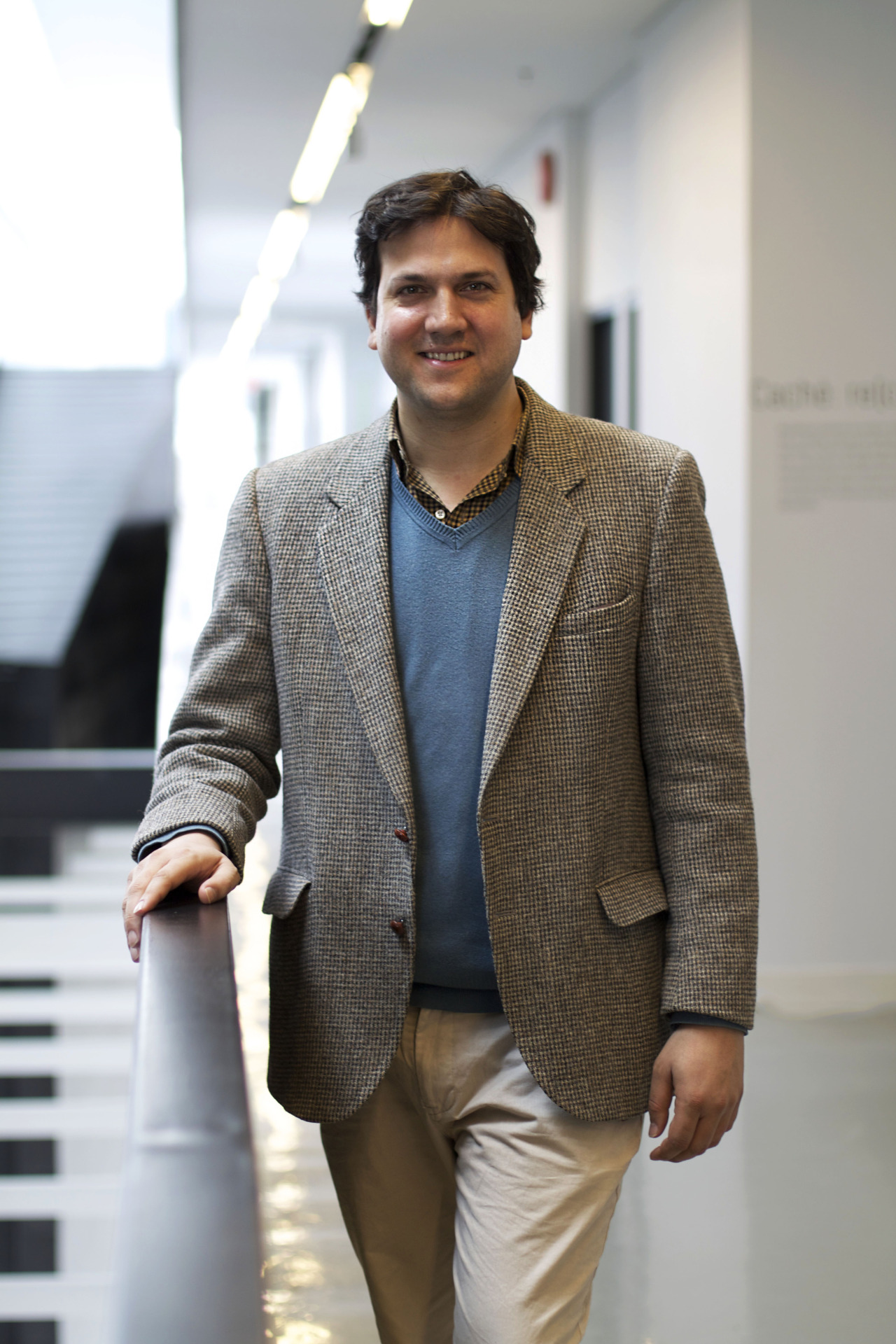
Whether or not you’ve been at UTM for a while, you’re bound to have a favourite and least favourite professor. I know I do! In my experience, a professor can make or break your interest in a subject.
About a year ago, I wrote a post about a professor that I did not get along with. This professor was inconsiderate, pompous, and patronizing, but they also had some good qualities, like their presentation skills and overall knowledge about the subject. Ever since then, I’ve been hyper-conscious about “good” and “bad” professors. So, why do some profs appeal to us more than others?
1) Engagement and interactivity
I had a professor in summer school after my second year who made an effort to create a community within the classroom. There were about 30 to 40 students in the lecture and it was only a half credit, but this professor made an effort to know everyone’s names. I had her again last semester, and she did the same thing. Most of her classes were discussion-based, and she was really good at facilitating learning through different activities instead of just a solid lecture. I find that a professor who makes an effort to engage with students is better than a professor who talks to everyone like they are a number instead of a person.
